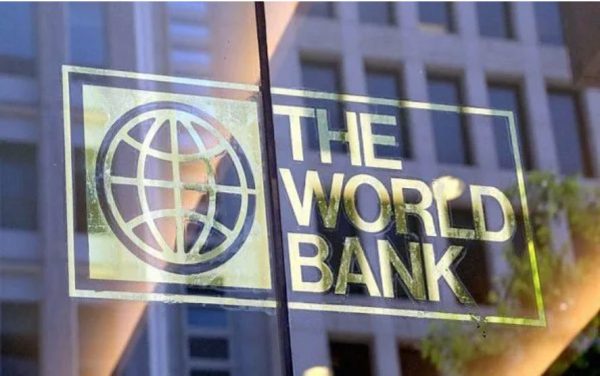A new, World Bank-funded project will provide support to primary education students in North Macedonia – including to Roma, girls, and other marginalized populations – through the introduction of improved learning environment and better schools. The new, €21.5 million North Macedonia Primary Education Improvement Project will also support the implementation of a modern system for professional development and career advancement among primary education teachers, principals, and multi-professional support teams.
The Primary Education Improvement Project is financed from a World Bank loan of EUR 21.5 million with a final maturity of 11 years, including a grace period of 3 years, and will be implemented over a five-year period. The key implementing agency of the project will be the Ministry of Education and Science, the World Bank office said in a press release.
The project focuses on school-level interventions closest to students and most likely to enhance learning, while simultaneously mitigating and recovering learning losses generated by COVID-19. Additional elements of the project include system-level reforms, designed to empower teachers by providing data on learning and up-to-date training. The activities are aimed at building the foundation of a modern and efficient primary education system in North Macedonia.
“Skills formation starts early in life and education is ‘path-dependent,’ meaning that access to higher quality education from the very beginning is vital for equipping students with the necessary foundational skills to continue their education and smooth the transition to the labor market,” says Bojana Naceva, Senior Education Specialist and Task Team Leader for the Project.
“This project is expected boost shared prosperity by providing quality education for all students, especially those who have traditionally been marginalized and who tend to fall into the poorest 40 percent of the population. This initiative will ensure better learning outcomes and, ultimately, better employment outcomes,” Naceva points out.
Direct beneficiaries of the project will include primary education students, but focused support will be given to students from vulnerable groups, including Roma, girls, and students affected by the closure of schools due to the COVID-19 pandemic. Students will benefit from improved learning environment, better physical environments in their schools, and more well-trained teachers. Competent, motivated, and well-supported professionals are crucial to addressing the urgent issues of improving learning outcomes in primary schools in North Macedonia.
The World Bank’s 2020 Human Capital Index shows that a child born in North Macedonia today will be just 56 percent as productive when she grows up as she could be if she enjoyed complete education and full health.
Furthermore, results from international student assessments such as PISA reveal comparatively weak levels of student achievement at end of lower secondary grades in North Macedonia, suggesting that learning deficiencies which start in primary education persist through later grades. There are also wide performance gaps between the top and bottom income groups in the country, with students in the lower group lagging by the equivalent of two years of schooling. Therefore, this project will contribute to the promotion and development of more competitive and adaptive human capital and help ensure that social groups that have traditionally been marginalized gain better access to education services around the country.
“North Macedonia has recently undertaken important reforms to the preschool education and care system. To capitalize further on this important investment, the country needs to invest more and more effectively to enhance the quality of teaching and improve learning environments for primary education,” says Massimiliano Paolucci, World Bank Country Manager for North Macedonia and Kosovo.
The COVID-19 pandemic, Paolucci adds, worsened the situation and the country will need to implement adequate policies and learning recovery measures in order to promote school attendance after this interruption – tackling learning losses after a forced absence and supporting the psycho-social needs of students and teachers alike.
















